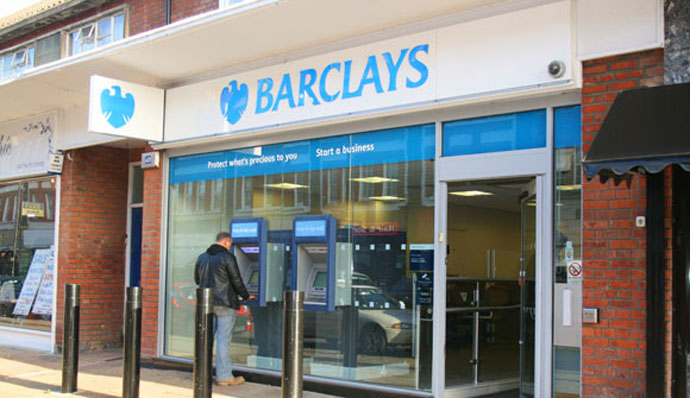Attijariwafa Bank (the leading bank in Morocco and part of king Mohammed VI’s holding company the SNI) is set to acquire all of Barclays Bank Egypt, in a deal that marks the Moroccan lender’s first substantial foray outside of francophone Africa. The bank has been waiting to enter the Egyptian market for the last four years and finally saw an opportunity in March, when Barclays put into motion the sale of its operations in the country. Barclays has had a presence in Egypt, on and off, since 1864 when the country was still under Ottoman rule.
Barclays re-entered the market 30 years ago through a joint venture with Cairo Bank, becoming sole shareholder of that operation in 2004. Yet its exit from Egypt was no surprise, as the bank has committed to retreating from Africa to focus on its core markets of the UK and the US. Attijariwafa’s chief financial officer, Rachid Kettani, said that Barclays has developed a strong and attractive business in Egypt. “With Barclays Bank Egypt we’re convinced that the workforce and management are skilled and motivated,” yet he admits that doing business in Egypt is not without its problems. “The economic situation is very difficult, with low economic growth, high inflation, high public debt and also pressure in FX position and foreign currency reserves.” But, he adds: “We really believe the medium- and long-term growth prospects are interesting. Attijariwafa has the right skills to develop high levels of growth in this country. “We believe Egypt has the best risk/return profile, even in challenging economic conditions currently.”
Attijariwafa’s move into Egypt marks the start of the bank’s second phase of expansion in Africa. In the first phase, between 2005 and 2010, Attijariwafa, a bank once active only in Morocco, spread through much of francophone West Africa. Though the bank remains focused on its core Moroccan business, it is also present in Senegal, Tunisia, Mali, Gabon, Congo, Ivory Coast, Cameroon, Mauritania and Togo. The bank is currently ranked as the 3rd largest bank in Africa.
“In 2012, we decided to look into new countries mainly countries with big economies, big population and good prospects for growth. We score every African country every year in line with this strategy.” Egypt has achieved the highest score each year, Kettani says.
For Barclays, the sale represents a $2 billion reduction in risk-weighted assets, and an increase of 0.1% in its common equity tier-1 ratio. Neither Barclays nor Attijariwafa have revealed the price tag, but Reuters has reported that the equity value of Barclays Bank Egypt was around $400 million.
Barclays had intended to sell its Egyptian business sooner, Francesco Ceccato, its head of corporate development and principal investments said. But the tense political and economic situation in the immediate aftermath of Egypt’s 2011 revolution prevented an earlier sale, says Ceccato, who is overseeing the bank’s exit from Africa. Ceccato says the sale of Barclays Bank Egypt began in March 2016, when Barclays placed its Egyptian, as well as its Zimbabwean, operations in its non-core division.
The rest of Barclays’s African operations – in Botswana, Ghana, Kenya, Mauritius, Mozambique, Seychelles, South Africa, Tanzania, Uganda and Zambia – are under the umbrella of Barclays Africa Group Ltd, a Johannesburg-listed entity of which Barclays owns just over 50% and which it is slowly selling out of. Barclays opted to look for a third-party buyer, rather than do an initial public offering and gradual sell-down.
Ceccato says there was “robust” interest in Barclays Bank Egypt, though he will not say how many institutions submitted formal bids during the auction. Barclays conducted the sale swiftly, following Ceccato’s mantra that “M&A does not get better with age”. Attijariwafa stood out because of its understanding of the risks and opportunities of doing business in Egypt, and because of its Arabic roots, Ceccato says.
The deal is still subject to approval by the central bank of Egypt and Morocco. If Al Ahli Bank of Kuwait’s acquisition of Piraeus Bank Egypt last year is anything to go by, Attijariwafa may also need to be vetted by Egypt’s intelligence service. As regards Attijariwafa’s plans for further expansion, Kettani says: “I don’t think we’ll buy other parts of Barclays Africa, not in the near future.”


